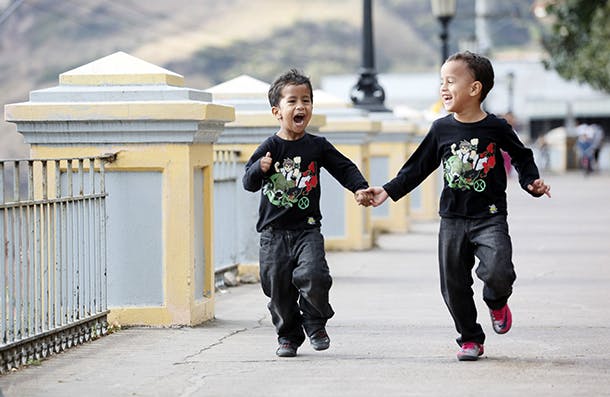
There is good news out of the Americas. Last week, the Pan American Health Organization/World Health Organization (PAHO/WHO), declared the Region of the Americas the first in the world to have eliminated measles. It’s a historic moment that was made possible because of incredible work from many partners, including the Measles and Rubella Initiative, of which the United Nations Foundation is a founding partner.
Measles is one of the most contagious diseases the world has ever known. Every hour, approximately 13 children die from measles-related complications, including pneumonia, blindness, diarrhea, and other harmful health problems. Fortunately, we’re making strides to reduce that number. Deaths from measles-related causes have declined by 79% since 2001.
This success means that children in the Americas and all over the world have a better chance to get an education, grow up, and lead happy, productive lives.
But, there is more work left to do.
While measles no longer is in circulation in the Americas, the region is still susceptible to measles outbreaks carried by travelers from other places. Because measles is so contagious and can remain in the air for up to two hours, if it is imported to the Americas from elsewhere, it can quickly spread and cause illness and death.
To protect progress made so far, all countries around the world need to strengthen their routine immunization and surveillance systems that can help detect and stop the spread of measles. Until all regions eliminate measles, children everywhere are at risk of contracting this contagious disease.
If we can ensure that children continue to receive the inexpensive, safe, and effective vaccine against measles, we can continue to stop measles in its tracks.
To learn more and get involved, visit the Measles and Rubella Initiative website.
[Photo: Stuart Ramson for UN Foundation]



 View All Blog Posts
View All Blog Posts